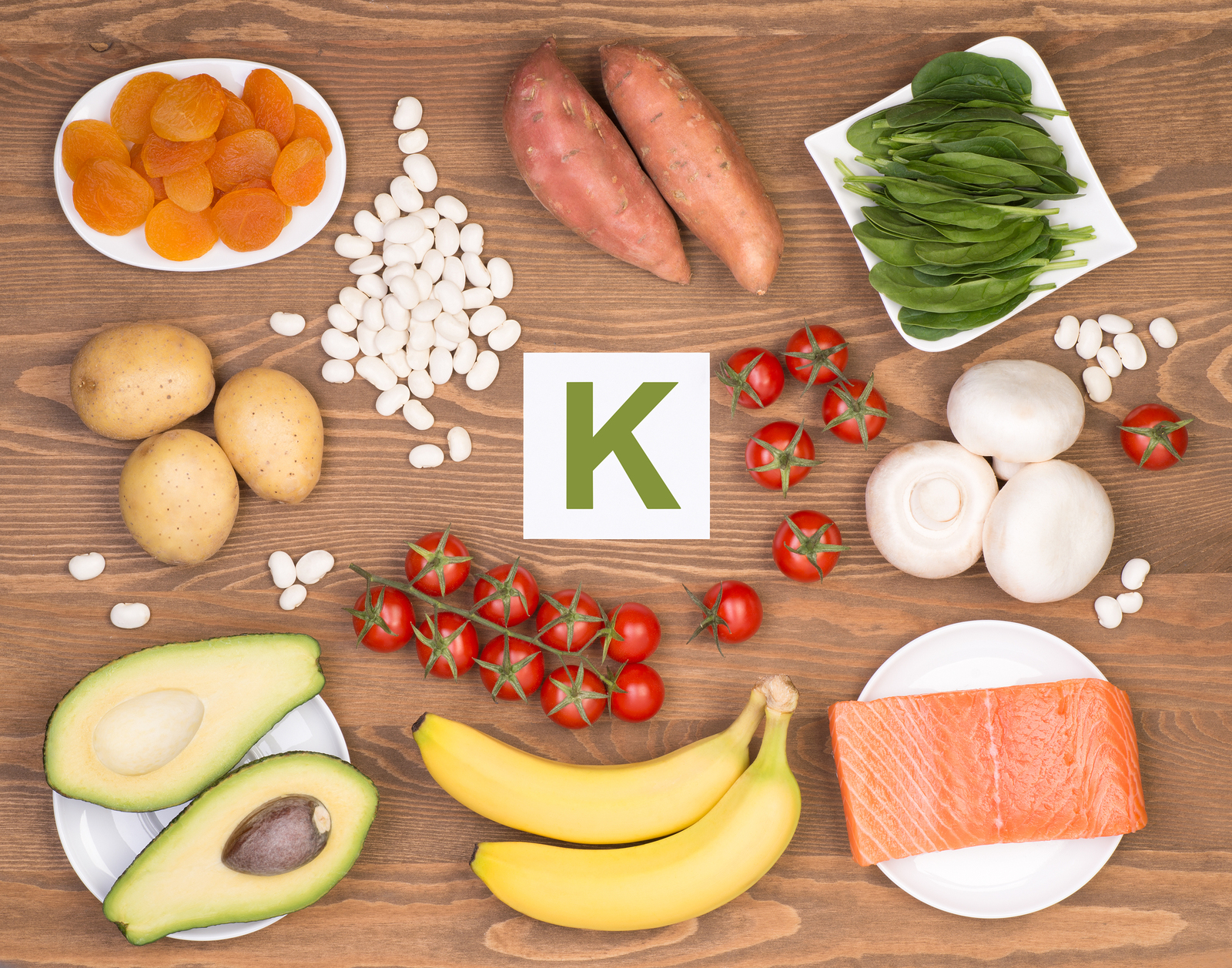
What do sweet potatoes, avocados, spinach, beans — and even coffee — have in common? The ability to lower blood pressure, even in high sodium diets, according to a new study published in the American Journal of Physiology.
The researchers Alicia McDonough, Luciana Veiras, Claire Guevara, and Donna Ralph looked at the relationship between blood pressure and dietary sodium, potassium, and the sodium-potassium ratio. They found people who eat a diet high in potassium and sodium still have lower instances of hypertension.
These findings may help the more than 1 in 5 adults around the world who live with high blood pressure, according to the World Health Organization (WHO). WHO estimates hypertension is responsible for 9.4 million deaths worldwide every year.
Today, the researchers note, humans crave salt because our early ancestors ate a potassium-rich diet with very low sodium. No wonder consumers reach for salty snacks over fresh fruit and vegetables.
Changing habits overnight doesn’t happen, but fortunately, the current trend shows fresh food consumption on the rise. To help consumers make informed decisions, the researchers recommend that food manufacturers add potassium information to food labels. New nutrition label designs will make it easy to add potassium, vitamin D, calcium, and iron.
Read the entire study results in the American Journal of Physiology.







